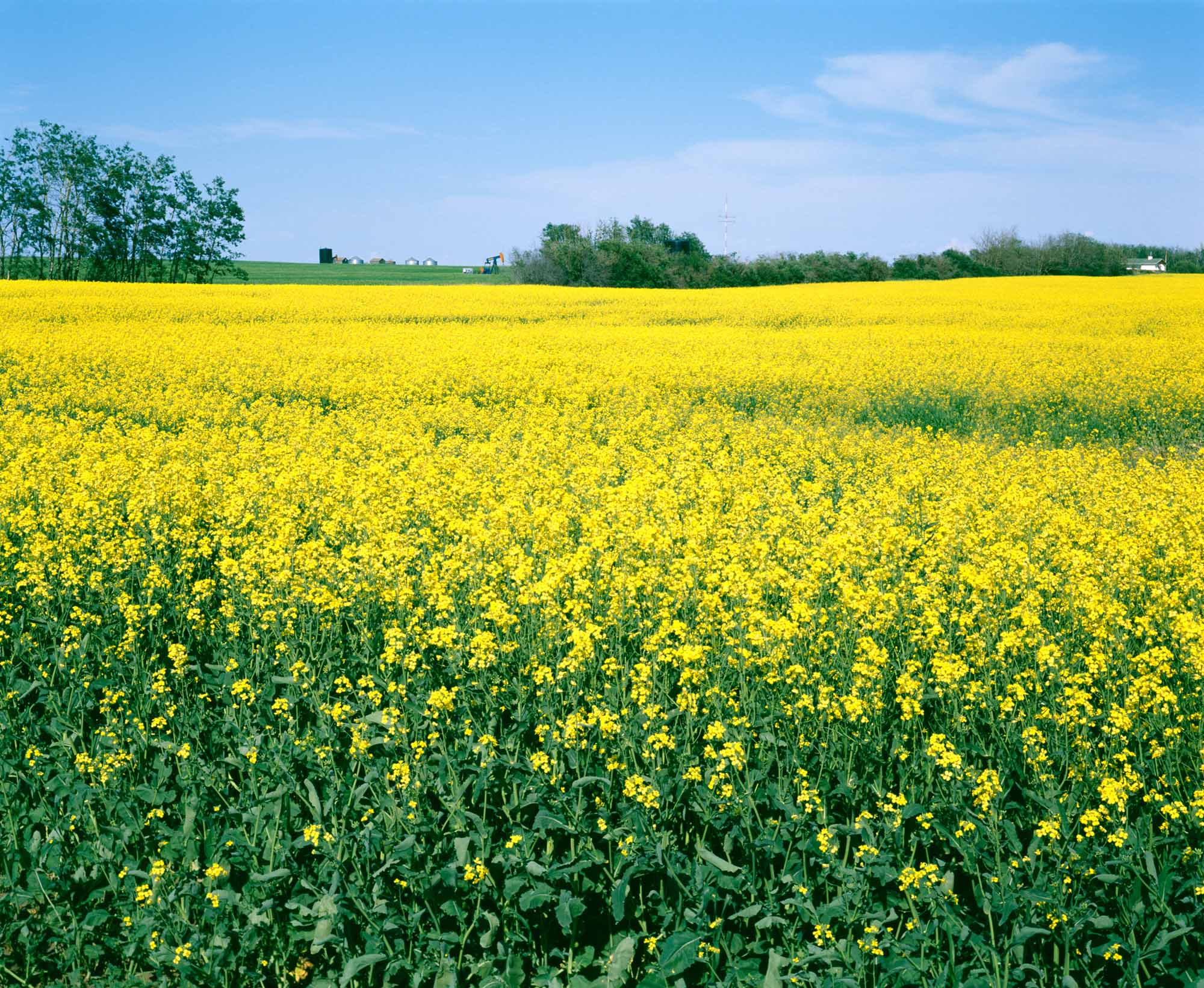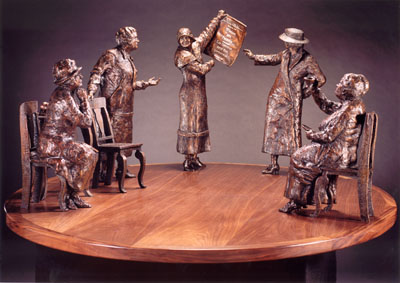Article
Pennefather Treaties
In the summer of 1859, Superintendent General of the Indian Department Richard T. Pennefather signed three separate but essentially identical treaties with Batchewana First Nation (Treaty 91 [A]), Garden River First Nation (Treaty 91 [B]) and Thessalon First Nation (Treaty 91 [C]). The three treaties were part of a series of land surrenders that occurred after the 1850 Robinson Treaties. The Pennefather treaties opened additional acres for settlement and resource exploitation. (See also Treaties with Indigenous Peoples in Canada.)








